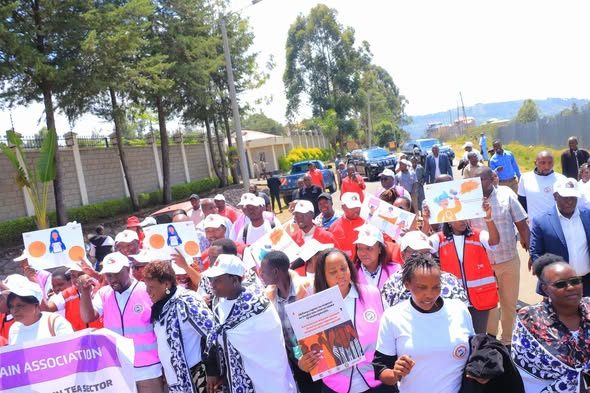The Higher Education Loans Board (HELB) has announced a new funding model for students after the government scrapped the previous band-based system. The changes, which took effect on August 22, 2025, will see allocations determined by the actual cost of a programme and a student’s level of financial need.
HELB explained that each student’s allocation will now be unique. The board will no longer group learners into funding bands as before. Instead, it will rely on real time data from universities and colleges to establish the cost of individual programmes, while financial need will be assessed using the Means Testing Instrument (MTI). MTI is a scientific tool that applies socio-economic indicators such as household income, parental occupation, disability, orphan hood, number of dependents and place of residence to determine a learner’s level of need.
“HELB no longer categorizes student funding allocation into bands. Each student’s allocation is based on their assessed level of financial need and the cost of the programme,” the board stated.
Students are required to consult their admitting institutions to know how much their programmes cost. HELB has directed learners to visit the websites of their respective universities and colleges for details on fees.
ALSO READ:
MP Mukunji warns CBC rollout could stall if NG-CDF is abolished
First year students have also been advised that their upkeep awards will not be uniform. Instead, the amount each student receives will be tied to the outcome of their need assessment. Applicants have been urged to log into the HELB student portal to confirm whether their applications have been processed.
HELB further explained that the reason some students will receive reduced upkeep allocations is because the government recently lowered the cost of university programmes. “The government reduced the university programme cost, and you will now pay less in fees. The allocations take into consideration the reduced cost of the programme,” the board said.
This adjustment comes days after the government released about Ksh 9.4 billion for 309,178 university students. Of this amount, Ksh 5.7 billion was allocated to tuition and the balance directed to upkeep. HELB Chief Executive Officer Geoffrey Monari has defended the new approach, saying the previous system was outdated and unfair. He described the current framework as more equitable, sustainable, and data-driven.
The new funding model is expected to transform student financing by aligning support with real programme costs and verified need levels, offering a more targeted approach compared to the broad categories used in the past.
By Benedict Aoya
You can also follow our social media pages on Twitter: Education News KE and Facebook: Education News Newspaper for timely updates.
>>> Click here to stay up-to-date with trending regional stories
>>> Click here to read more informed opinions on the country’s education landscape





